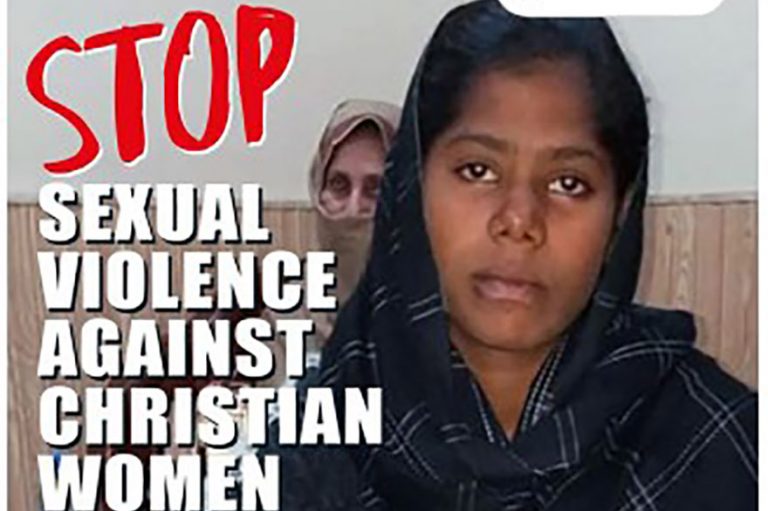UK: Facebook acted as arbitrary censor, silencing vulnerable women – says charity head

Facebook has suddenly lifted severe restrictions imposed on a leading Catholic charity – but has offered no explanation for its actions which for nearly two months have severely hampered the organisation’s outreach.
The UK office of Aid to the Church in Need (ACN) had adverts promoting a petition calling on the UK government and UN to help Christian and other minority faith women suffering sexual violence pulled on 11th November – which was followed by almost eight weeks of severe restrictions on the charity’s usage of the site.
Staff were informed yesterday that all constraints had been lifted – but no reason was given by Facebook or its parent Meta why the ban had been enforced in the first place.
While ACN (UK)’s national director, Neville Kyrke-Smith, expressed joy that the ban had been removed, he criticised Facebook for failing to give any reason for its actions.
He said: “We are delighted that after almost two months of trying to get Facebook to explain their actions and reverse their block – and a media push which attracted a lot of public outrage – they have finally lifted these excessive and crippling limitations on ACN’s use of their platform and facilities.
“But by refusing to explain how they justify the ban, we are hard pressed to see this as anything more than arbitrary censorship – which was used to silence some of the world’s most vulnerable women.
“Regrettably, this whole episode shows that Facebook thinks it has the right to censure without explanation and without any chance of redress – it is muzzling debates that are literally matters of life and death.”
Following a total ban of the charity’s advert, promoting its petition calling for more action to stop the forced conversion and marriage of women from minority faiths suffering sexual violence, Facebook put in place a number of drastic strictures.
The social-media giant refused to permit more than 90 percent of the charity’s advertising and imposed other curbs including a ban on its WhatsApp messenger system.
Despite repeated requests by the charity, Facebook refused to explain how ACN (UK) had violated its guidelines or why the ban had been imposed.
The petition at the heart of the Facebook row was received by Fiona Bruce MP, the Prime Minister’s Special Envoy for Freedom of Religion or Belief, on behalf of the government on 15th December at the Houses of Parliament.
A copy was also sent to Reem Alsalem, the United Nations’ Special Rapporteur on violence against women.
While the petition received 3,210 signatures, the level of support fell after Facebook first banned, and then restricted the advert.
Before the ban around 3,000 Facebook users a day saw the adverts garnering an average of 400 signatures every day – but with restraints in place only around 280 users saw the ad each day, and the average daily number of new signatures fell to just 38.
